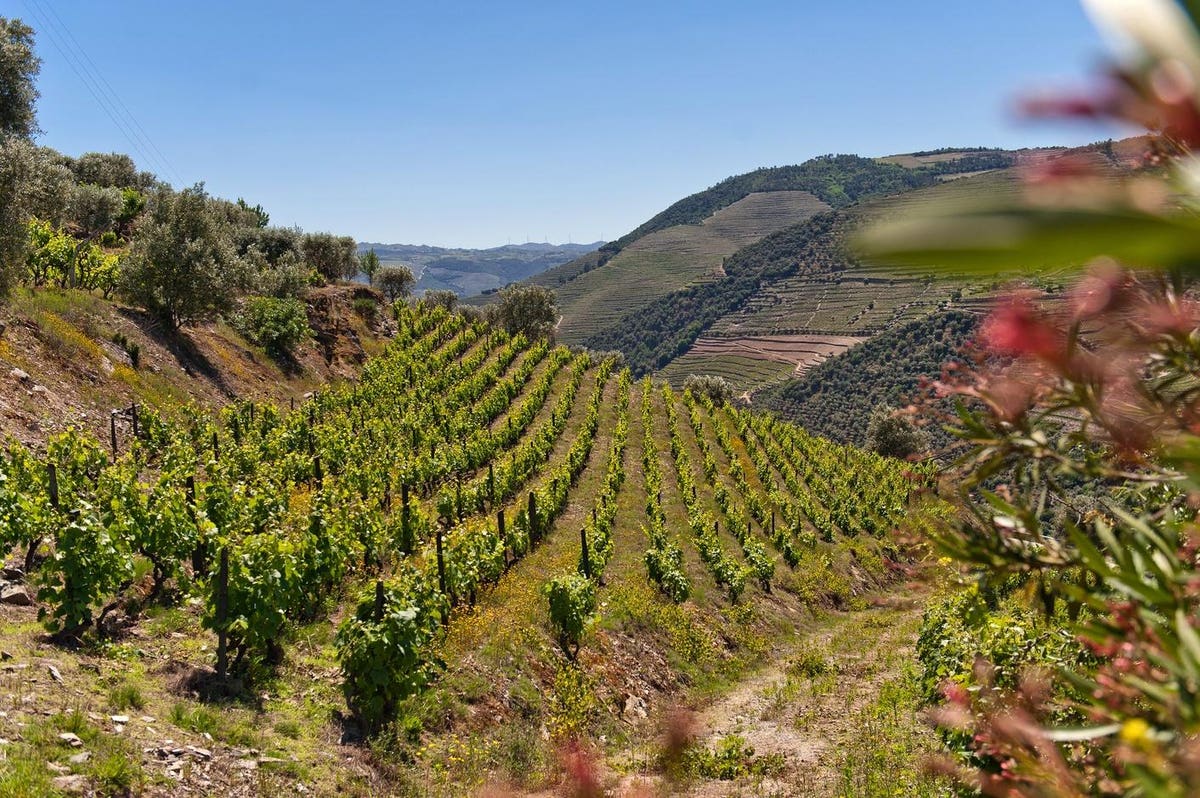Trends come and go. Cosmopolitans, Beaujolais Nouveau, spumante, Midori sours — drinks that rose, fell, then rose again. So what are top sommeliers predicting we’ll be drinking in fall? Let’s find out.
Sticking to the Jazz Standards
“Feeling the effects of inflation, I predict that diners will look to ensure they enjoy their dining experiences by relying on what they know,” says John Maraffa, the beverage manager of Morton’s The Steakhouse. “Whether it’s bubbles from Champagne, big bold Cabernet from the Napa Valley or grassy Sauvignon Blanc from New Zealand, guests will celebrate with the wines they know they will enjoy.”
“From my little bubble of fancy restaurants, the biggest wine trends I’m seeing are a return to comfort and ease,” says Alex Ring at Michelin-starred Sepia + Proxi in Chicago. “Basics have never been more popular, from Champagne to Sancerre to California Cabernet. I’m encountering a lot of people willing to spend an extra few dollars on a nice glass of Willamette Valley Pinot Noir over a lesser-known alternative.”
New Guard Wine Regions
“In the past, requests for red Bordeaux and domestic options were way more common,” says Bryce Faucheaux, CMS Advanced Sommelier at Justine. “Nowadays, guests are stepping out of their comfort zone and asking after new French regions. They’re trying to maximize quality and quantity, so lesser-known regions in the Loire Valley and in Burgundy are receiving more attention.”
“We are seeing the rise in popularity of two new popular wine regions: the beautiful vineyards in Portugal’s Douro Valley and the flavorful wines from Sicily,” says Adam Diaz, wine director at The Press Room in Chicago. “The Douro Valley is known for more than just Port wines now — they’ve got some great reds and whites and you can enjoy vineyards with amazing views. Sicilian wines offer something unique with their rich history and different grape types, giving a taste of Mediterranean vibes.”
Nicole Haarklau, corporate director of food and beverage for Coury Hospitality, finds “Oregon and Washington wines have gracefully emerged as the new darlings of the wine world, captivating palates and igniting a trend that shows no signs of slowing down. Oregon’s Willamette Valley is celebrated for its world-class Pinot Noirs, distinguished by their subtle complexities and delicate fruit profiles. Meanwhile, Washington State boasts a diverse landscape that nurtures outstanding Cabernet Sauvignons and Merlots, characterized by bold flavors and remarkable aging potential.”
Sleeper Hit Sauvignon
“I swear, one of the most popular categories in wine right now is Cabernet Sauvignon,” says Tonya Pitts, the sommelier and wine director at One Market. “But while Napa Valley is king, it’s not always accessible to all consumers. I believe the next great discovery regions are Sonoma, Lodi and Paso Robles. These wines consistently perform above their weight. Lodi is the outlier — most consumers think it’s all Zinfandel production, but there are beautiful old vine selections of Cabernet Sauvignon.”
“One major trend I see for fall involves guests that prefer familiar grapes choosing familiar grapes following non-traditional regional specifications,” says Lee Blaustone from Culaccino in Franklin, Tennessee. “For example, blends of Chardonnay and Sauvignon Blanc from Piedmont, Italy, [instead of California or New Zealand] or a Super Tuscan composed of Cabernet Sauvignon, Merlot, and Syrah — not a drop of Sangiovese. Guests are often intrigued by and enjoy these non-traditional takes on regions and grapes they know and love.”
Pet-Nat Possibilities
“If it is true that the Pet-Nat market is declining compared to last year, it is not because the market is saturated with pet-nat-style sparkling wines,” says Bertil Jean-Chronberg, award-winning sommelier and owner of Bonde Fine Wine Shop. “Rather, it’s because consumers are frustrated that they’re paying up to $45 for a wine that is inconsistent in quality and often not very good. Instead, consumers are turning more to safe values, such as sparkling wines of a more classic method, such as Champagne or Charmat-method bubbles, that offer a greater guarantee of quality for the price. I predict that this trend will progress further in 2024 if ancestral method wines don’t improve in their consistency of quality.”
Wines of Armenia, Turkey, and Georgia
Scott Stroemer, wine director of Galit, expects wines of the ancient world — Armenia, Turkey, and Georgia — to step into the spotlight. “People are discovering the past with these regions and their wines. There are also at least two winemakers working with grapes from vineyards in Iran — the winemaking takes place outside of the country, as it’s banned in Iran.”
“Amber wines from the country of Georgia have been a ‘new’ trend (ironic to hear the word new referencing one of the oldest wine making regions in the world anyway!), but the fad has recently grown into an established consumer category,” says Chris Struck, Beverage Director at ilili Restaurants. “Now, they’re not just curious, they’re ready to revisit it with gusto. Skin contact white wines are displacing some rosé sales — we’re seeing the once-unbridled enthusiasm for the pink shade disrupted by consumers clamoring for a darker hue and wines with a more tannic tug.”
Amplifying American wines
“Vermont has a burgeoning wine industry that has been focusing on biodynamic farming principles and leaning toward natural or minimal intervention winemaking,” says Sarah Trubnick of San Francisco’s Barrel Room. “Vermont is doing incredible work with hybrids, and is attracting wine industry stars such as Master Sommelier David Keck, who makes Stella14 Wines, also on our menu who are creating their own wineries and planting new vineyards. This is an area to watch.”
Read the full article here





